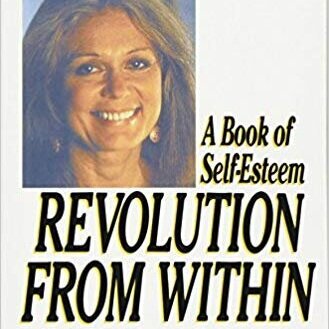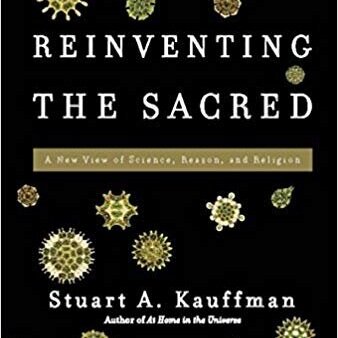Refs
Here some of the books that I reference in Rage, which I also highly recommend to interested readers:
The Mismeasure of Man by Stephen Jay Gould
An inspirational book for me, which discusses the problems in social science’s history of quantifying people, including masterwork discussions of The Bell Curve and PCA. Connecting Gould’s ideas to our current algorithmic world was one of my goals in Rage.
Revolution from Within: A Book of Self-Esteem by Gloria Steinem
Perhaps because it looks like a 1990’s self-help book (and in some ways, it is), this book’s lucidity is often overlooked. It’s where I found some important facts about the history of the IQ test and gender, and I recommend it, along with lots of Steinem’s work.
The Black Swan: The Impact of the Highly Improbable by Nassim Nicholas Taleb
Perhaps the most famous critique of the assumptions of Bell Curve thinking. The early part of this book, with its narrative personal story and clear dissection of the assumptions of that thinking, are classic.
Inferior: How Science Got Women Wrong and the New Research that’s Rewriting the Story by Angela Saini
Essential reading that made me realise that I needed a chapter in Rage on the most binary of human distinctions, one algorithms are sure to tap into in a biased way. Also see Saini’s fantastic Superior: The Return of Race Science, which came out around the same time as Rage.
The Origin of Wealth: The Radical Remaking of Economics and What it Means for Business and Society by Eric D. Beinhocker
Worthwhile for many reasons, including its telling of economic’s early history, and its formative physics envy.
The Strange Order of Things: Life, Feeling, and the Making of Cultures by Antonio Damasio
Groundbreaking: redefines perspectives on science from biology to psychology to sociology (and makes some great comments on AI). It helped me understand how thinking does not reside entirely in the brain, or even in the synapses.
Minding the Markets: An Emotional Finance View of Financial Instability by David Tuckett
The work of my long term collaborator, who is both a psychoanalyst and economist, and the creator of conviction narrative theory, which is discussed in Rage.
The Alchemy of Finance by George Soros
Ignore the notoriety of the author, this book introduces an important concept that makes social science different from other sciences: reflexivity, which is discussed in Rage.
The Act of Creation by Arthur Koestler
Marvellous book on Koestler’s theory that creativity comes from juxtaposition of reference frames (which aligns with evolutionary computation theories described in Rage). Also recommended for its stories of the great acts of scientific creation in history.
Reinventing the Sacred: A New View of Science, Reason, and Religion by Stuart Kauffman
The most important book that (almost) no one has ever read. Kauffman’s complexity science is discussed in Rage, and this book shows how complexity can be seen as a secular phenomena that isn’t reductive, and is therefore sacred.
The Diamond Age or a Young Lady’s Illustrated Primer by Neal Stephenson
As advocated in Rage, this book gave us a better term for what we call “AI”: pseudointelligence. It also contains this great quote, which I didn’t quite find a way to include in Rage:
“the difference between ignorant and educated people is that the latter know more facts. But that has nothing to do with whether they are stupid or intelligent. The difference between stupid and intelligent people—and this is true whether or not they are well-educated—is that intelligent people can handle subtlety. They are not baffled by ambiguous or even contradictory situations—in fact, they expect them and are apt to become suspicious when things seem overly straightforward.”
Frankenstein; or, The Modern Prometheus by Mary Shelley
Reflect on how amazing it is that the entire genre of science fiction starts with this story, created by a 17-year-old woman. Like all good science fiction, it isn’t about the science, it’s about people. As all good science should be, as well.












